Anemone
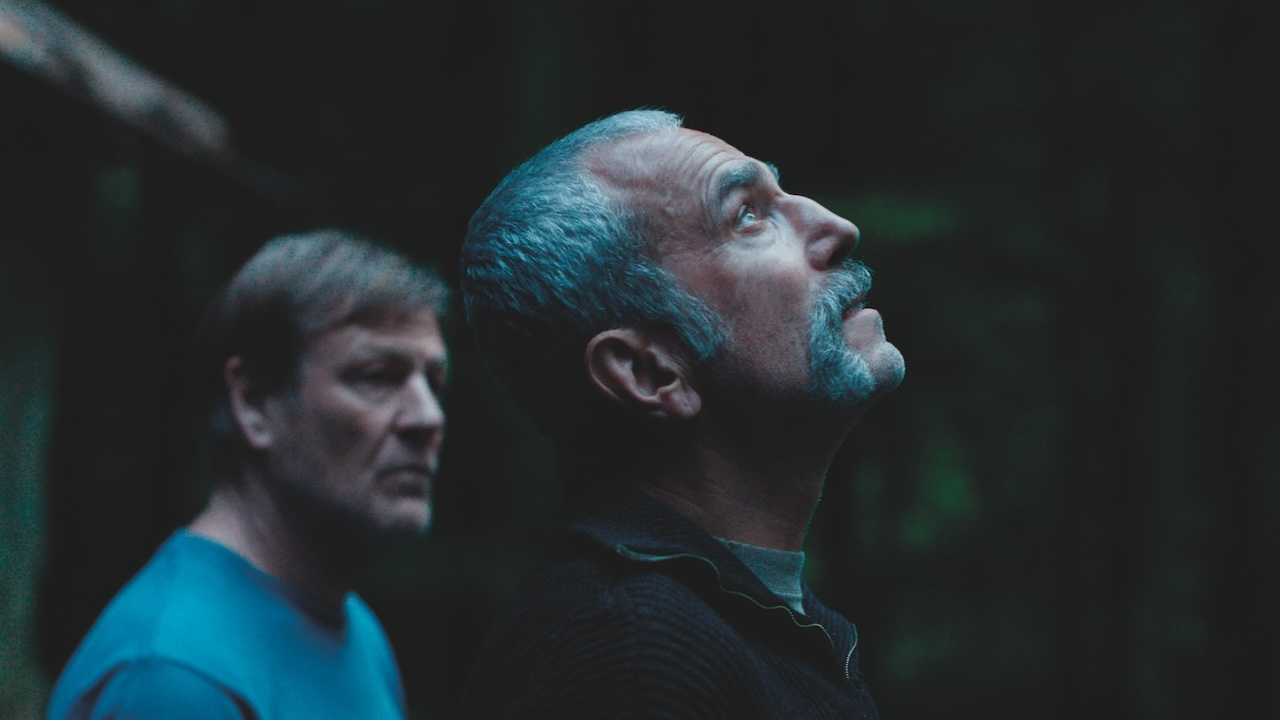
Anemone, the debut film from Ronan Day-Lewis, penned in partnership with his father and lead actor Daniel Day-Lewis, who returns to acting following his eight-year retirement-turned-sabbatical, is a beautifully shot but thematically shallow first-time feature that may prove too bitterly bleak for some viewers.
Set in Yorkshire 20 years on from the troubles in Northern Ireland (which is depicted through a somewhat crude, violent and historically simplified child-drawn cardboard tapestry in the movie’s opening moments), we are introduced to the tough-but-tormented Stoker family: Jem, played by the Bafta winning Sean Bean in a stoic but exceptionally vulnerable performance, is an ex-soldier who lives with Samantha Morton’s Nessa, a call-handler for local police, and the two raise her son and his nephew Brian (Samuel Bottomley). The family live in the shadow of Ray Stoker, Jem’s brother and Nessa’s absentee ex-partner and, perhaps most importantly, the true-father of Brian, who never returned home after his perilous stint in the British Army stationed in Northern Ireland at the height of the troubles, and has since retreated from life and set up a permanent home in the forest-wilderness of Northern England. Jem, following on from a violent off-screen outburst from his surrogate son and biological nephew Brian, decides he must seek out Ray and bring his long-lost brother home to reconcile with the son he never knew.
It’s an almost unbearably heavy tale that is undoubtedly ambitious: Anemone at its best strives to be a heart-wrenching tale of fathers, sons, and the burden of lived trauma and the impact on those who inherit it, but ultimately suffers in the delivery of its tale. That’s not to say that there aren’t moments of brilliance, but these scenes lack the required connective tissue to sufficiently tell the story and we are too often left to languish it its lavish visual flourishes, and wanting for deeper exploration of Anemone’s themes, characters and world beyond the smattering of portentous images that bear far too much weight in the film’s two hour run-time
It must be acknowledged that the movie benefits greatly from the involvement of Ronan Day-Lewis’s father, the incomparable Daniel Day-Lewis, who makes his on-screen comeback after his retirement post Paul Thomas Anderson’s The Phantom Thread in 2017. However, both the merits of this work and Ronan Day-Lewis’s surprisingly excellent command of the camera must also be acknowledged, particularly in the few moments of dialogue between Bean’s Jem’ and Day-Lewis seniors’ garishly gruff Ray. One particular monologue in the film’s final act, in which Ray confesses his nightmarish secret to his brother, is a scene that will grip attention for any that were otherwise waning, and Day-Lewis junior knows well enough to let his actors perform, framing tightly with few cuts between and fully focused on Ray as Day-Lewis delivers gut-punch after gut-punch. Unfortunately, these moments are few and far between, and the filmmaker opts for an approach that involves the inclusion of various vague abstractions that, albeit beautifully composed, don’t quite land: from lofty imagery of supernatural and earth-shattering storms, shore-dwelling spiritual creatures and several slow-motion brotherly dance sequences between Bean and Day-Lewis.
A far from perfect debut from Ronan Day-Lewis, Anemone is nevertheless a visually striking and daring feature that shows the promise and the unquestionable ambition of the 27-year-old that draws enough brilliance out of its lean but stellar cast to satisfy those eagerly awaiting the comeback of one of the nation’s truly great performers.
Ronan Fawsitt
Anemone does not have a release date yet.
Read more reviews from our London Film Festival coverage here.
For further information about the event, visit the London Film Festival website here.
Watch the trailer for Anemone here:




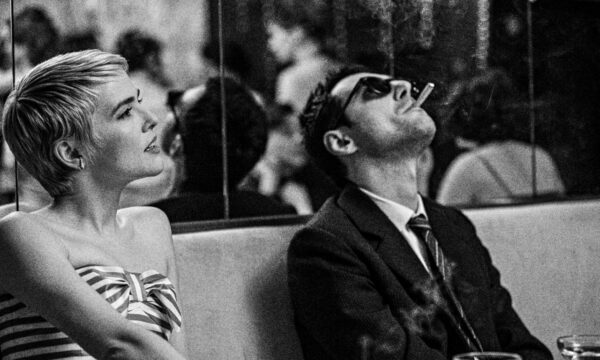

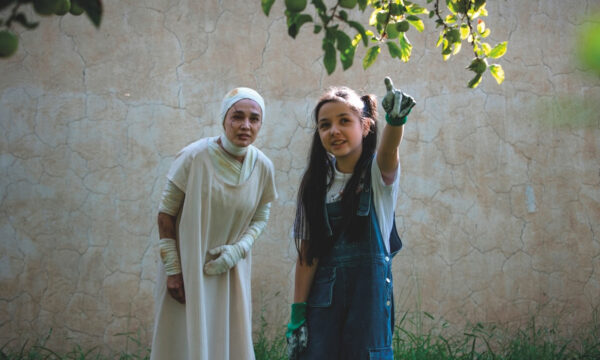
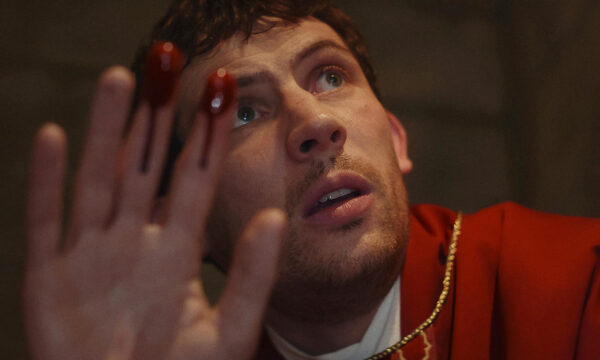


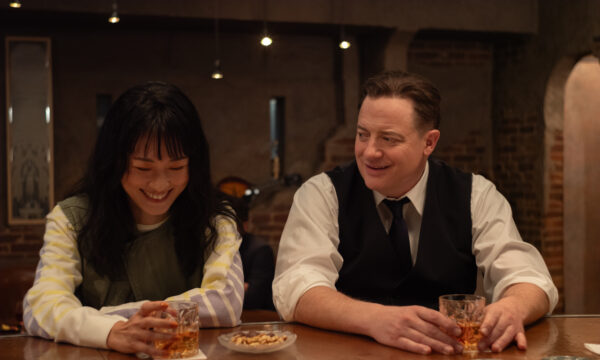














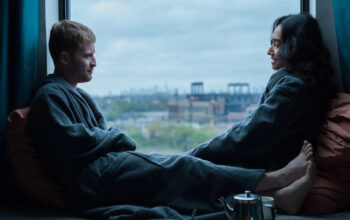
Facebook
Twitter
Instagram
YouTube
RSS